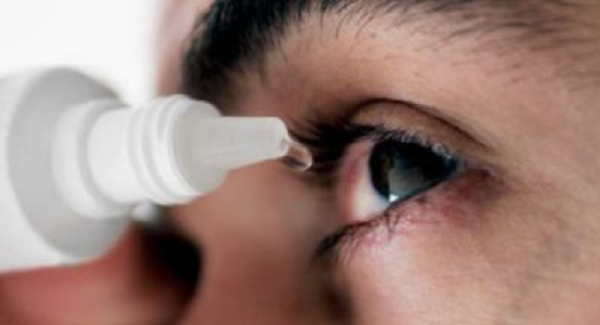How Do Opticians Conduct Eye Health Assessments?
A complete eye examination involves thoroughly assessing your eyes through various tests. Vision tests are carried out to ascertain the necessity of glasses or contacts, while additional tests focus on examining eye health and detecting eye issues, such as dry eye. This comprehensive approach marks visual concerns and provides insights into your overall health during the oral.
How to Assess the Health of the Eyes?
At the beginning of an eye examination, the optometrist seeks to understand why the individual is going for the assessment. They aim to distinguish between a routine check and a specific reason for the visit. If you’re dealing with eye or vision issues, the eye doctor will ask about your complaints, how often they occur, their severity, and their duration. They’ll also check if these changes happened slowly or suddenly.
The optometrist will also need to be clear about the general health conditions of the patient. This involves your medication, medical history, family eye problems, previous eyeglasses/contact lenses, and your job, hobbies, and sports.
Examination of the Eyes
Once your health and family history have been discussed, your provider will proceed with examinations dealing with astigmatism-related vision issues. This involves a comprehensive assessment of how people with astigmatism see their visual environment during the eye checkup process. These tests assess your vision and eye health, including muscles and blood vessels.
Many eye doctors offer additional tests, including eye imaging for the interior and exterior of the eyes, for an extra fee. These tests are essential for contact lens fitting and routine check-ups.
The usual tests performed during an eye checkup includes…
The Quality of Vision
The quality of your vision is at the core of the examination. The eye doctor will conduct an assessment of your distance vision, checking how well you can see for activities like watching TV and driving. They’ll also see how good your vision is up close, like for reading and detailed work. The exam will also evaluate your intermediate vision for computer use. Next, the optometrist will carry out a range of examinations to gauge the nature and scope of any vision problems.
Checking your eyes early and finding out what’s wrong can help you get treatment on time and prevent your vision from getting worse. The eye doctor will look at the tests they did, your symptoms, and use their knowledge to understand what’s going on.
Patient History
The eye doctor performs an evaluation for eye and vision problems. The patient should describe when their eye or vision symptoms began. Their medical history should enclose the medications they’ve taken, their profession, and any environmental factors impacting their eyes. It’s also vital to inquire about any eye conditions that family members may have had in the past.
Visual Acuity
Your medical professional will have you read letters on an eye chart, such as a Snellen chart, from a specific distance. Each eye will be covered separately during this process. Moreover, your provider may use a phoropter with multiple lenses to enhance your vision. This refraction step determines if you need glasses and finds the right prescription for corrective lenses.
Basic Tests
The eye doctor will focus on specific aspects of visual performance and eye health during the eye examination. Necessary checks include…
- Checking how well you see colors.
- Making sure your muscles work together.
- Seeing if you can tell how far things are.
- Checking what you can see on the sides.
- Watching how your pupils react to light
The doctor examines your eye health and often uses various lights to inspect both the outside and inside of your eye. To make this process easier, they might use eye drops to dilate your pupils. An assistant may handle tasks such as taking your medical history and initial eye tests during the examination. These tests are meant to assess your vision and the condition and function of various eye parts.
Choice of Glasses or Contact Lens
After determining your prescription, the eye doctor helps you choose the right glasses or contact lenses and provides essential information about lens care and cleaning.
In case of any discomfort with your lenses or glasses:
- Contact your doctor immediately.
- Be careful when getting eyewear from a different place than where your eyes were examined, as it can be challenging to address prescription issues.
- Ensure the well-being of your eyes because, in the end, health is true wealth.
Key Takeaway
Eye exams play a dual role in improving vision and detecting potential eye problems that could result in vision loss. Consult your provider to establish the recommended frequency for your eye exams. Regular eye exams are essential for keeping your eyes issues away.


















